As you might know, proteins are essential building blocks of life, serving various functions in your body such as maintaining skin, bones, muscles, and hair, among others. However, not all proteins have the same effect on your energy levels; some will give you more energy than others. That’s why you should add these 10 protein-rich foods to your diet if you want to feel more energetic!
1. Cottage Cheese
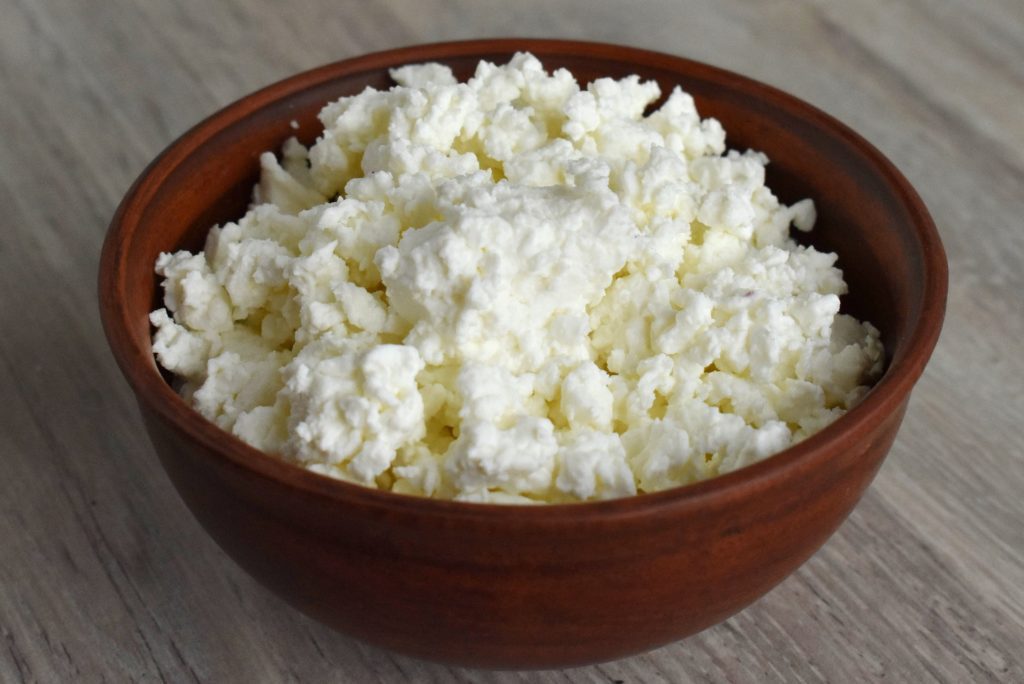
Cottage cheese contains about 15 grams of protein per cup and only 1 gram of fat. It’s one of those foods that’s so versatile you can use it just about anywhere you want to add a little flavor or texture, too. Mix it with some tuna fish and chopped veggies for a great sandwich spread, top with salsa, and sprinkle on some cheddar cheese to make a quick quesadilla, or chop up small pieces and throw them in your salads for an extra protein boost.
2. Edamame
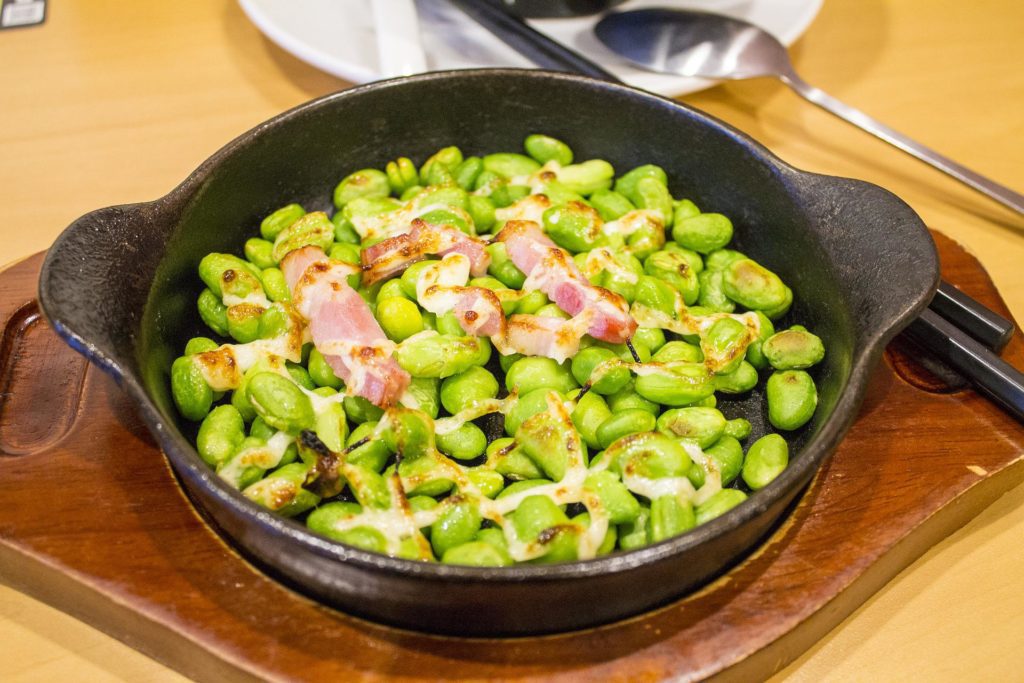
Edamame is a great source of lean protein. This delicious bean contains 18 grams of protein per cup, which is about as much as two eggs! They’re also high in fiber, manganese, and folate. Packed with vitamins A and C, edamame is a tasty way to boost your antioxidant intake at any time of the day. Simply boil them for 5-7 minutes or steam them for 3-5 minutes until tender. For an easy snack, spread on some hummus or almond butter, then sprinkle on flaxseeds for added crunch.
3. Brown Rice
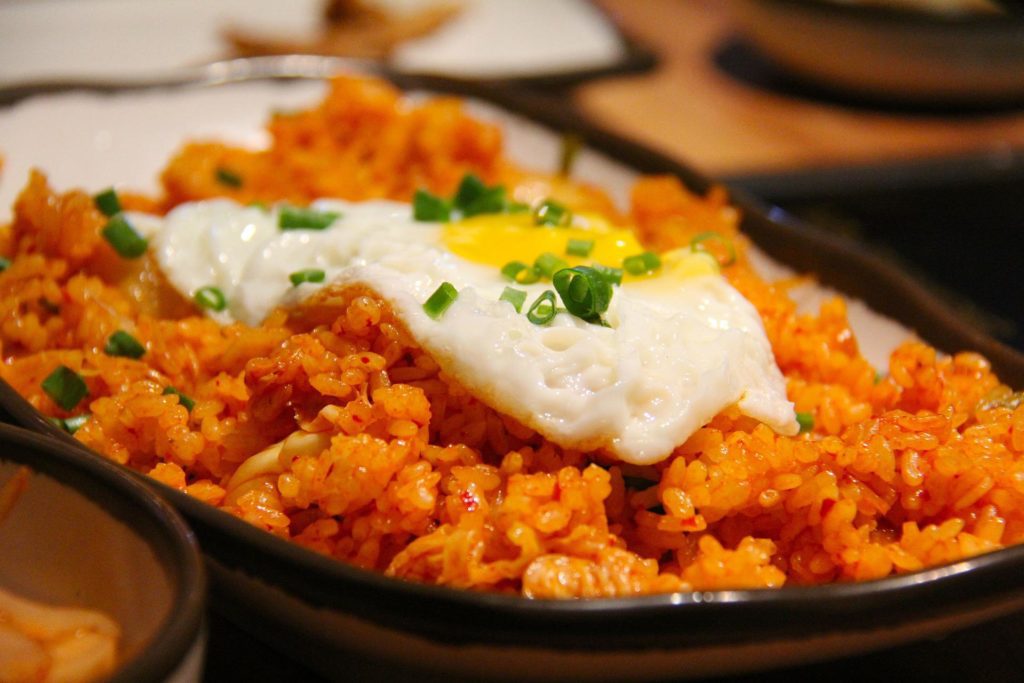
The high fiber content of brown rice makes it a great choice for digestion. The fiber also slows down absorption, meaning you’ll get steady energy over a longer period of time. If you have trouble with midday fatigue, brown rice may be able to help. To further boost your metabolism and shed pounds safely but quickly, try adding brown rice to your diet.
4. Quinoa
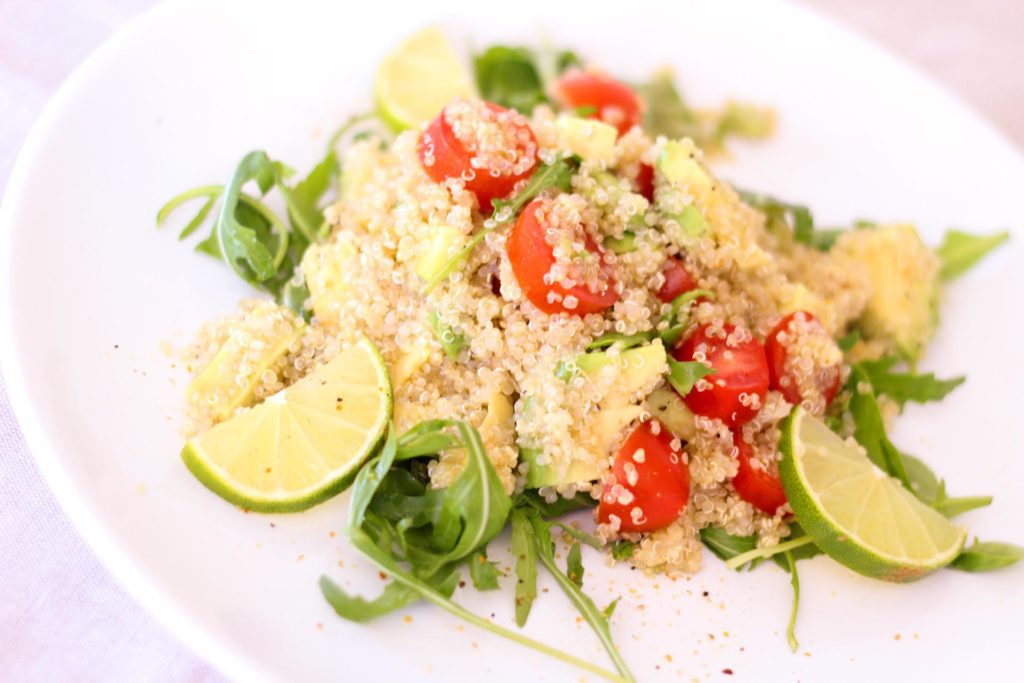
Quinoa is one of those healthy foods that people tend to not eat as much. You may be wondering what’s so special about it. It is loaded with nutrients, including dietary fiber, manganese, magnesium, and tryptophan. It is also an excellent source of plant-based protein, which will help you feel full for longer periods of time. Studies have shown that people who consume more plant-based proteins tend to eat fewer calories overall while maintaining a healthy weight.
5. Lentils
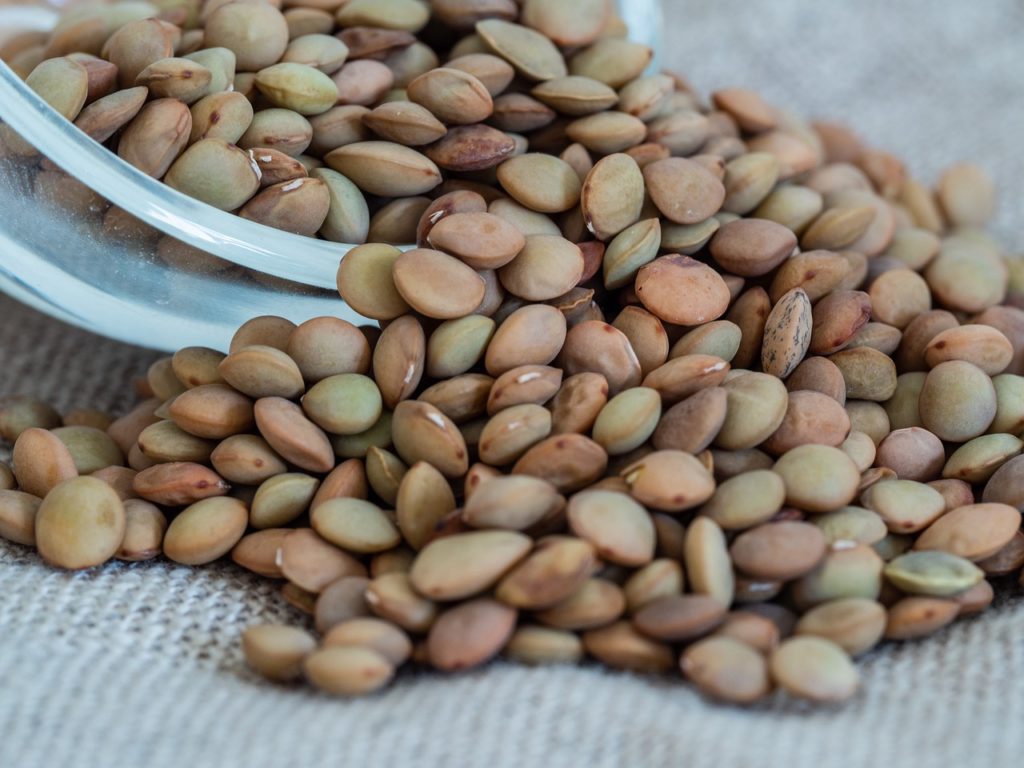
The fiber, vitamins, and minerals in lentils can help keep your digestive system healthy. They’re a great substitute for meat and are high in protein—one cup of cooked lentils has 18 grams of protein. Lentils also provide you with three times more iron than most other plant-based foods, so if you’re a vegetarian or vegan, they’re a vital part of your diet.
6. Beans (all kinds)
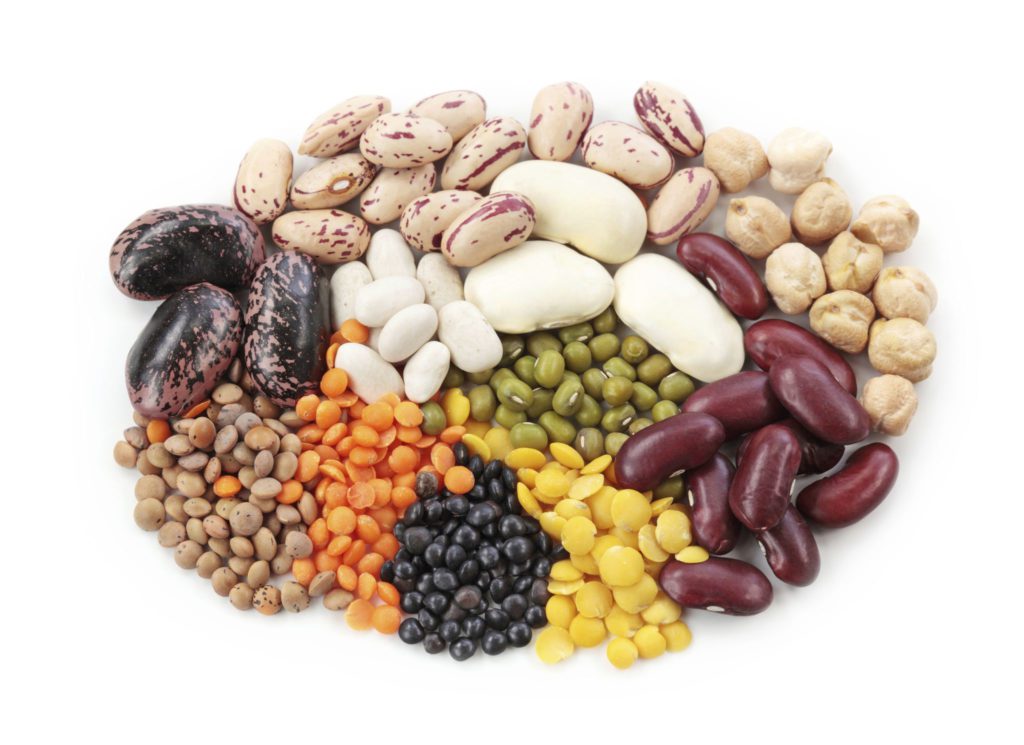
Beans are a nutrient-dense food source. They contain antioxidants that help lower your risk of chronic disease and they’re loaded with complex carbohydrates (the kind that will give you energy). Additionally, beans are full of protein—about 8 grams per half-cup. Include them in a healthy breakfast or enjoy them as part of your afternoon snack.
7. Eggs
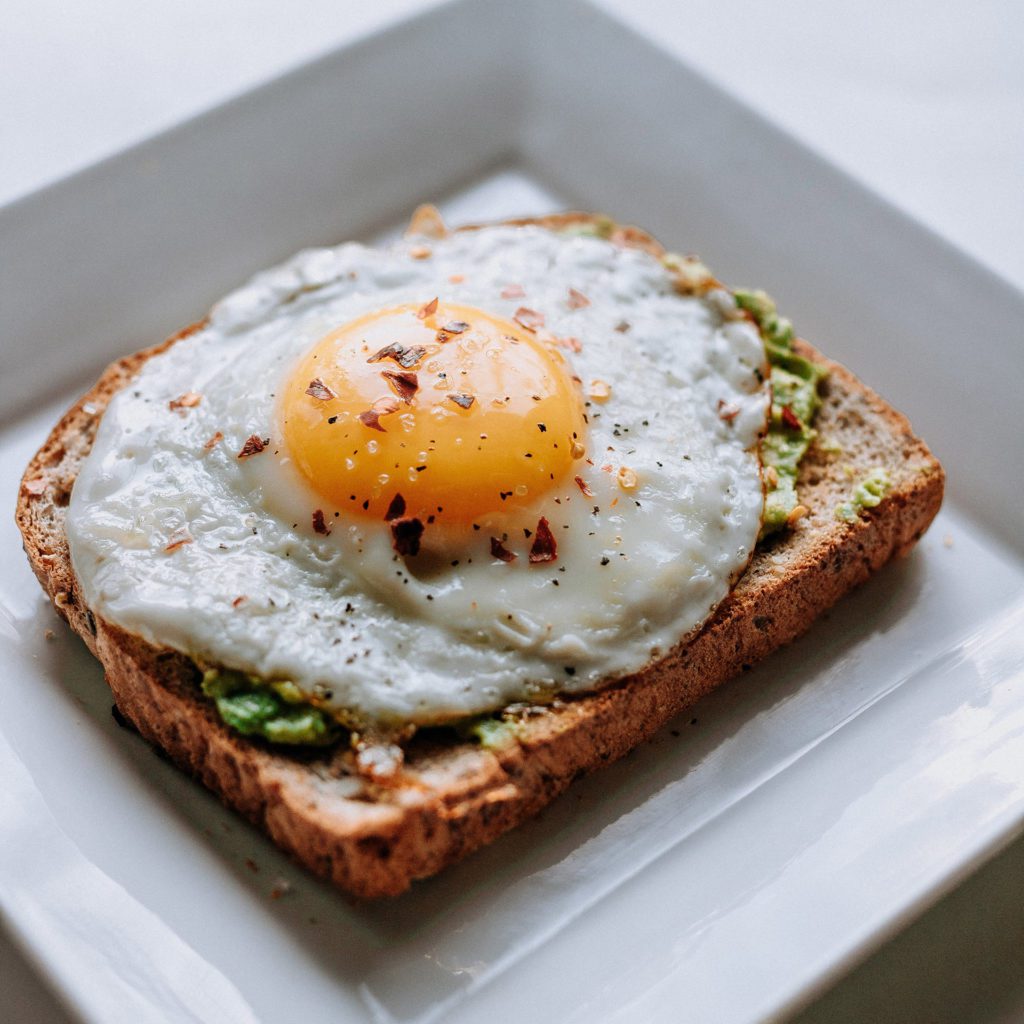
Eggs are considered a complete protein because they contain all nine essential amino acids, making them a powerful meal-replacement option for anyone. They’re also loaded with vitamins and minerals like vitamin D, B12, E, and K, which boost energy levels naturally. For example, a study conducted by researchers at Oxford University found that people who had an egg for breakfast felt more energetic than those who had other foods. So if you’re looking to replace a meal without sacrificing your energy levels at work or in training, eggs are among your best options.
8. Greek Yogurt
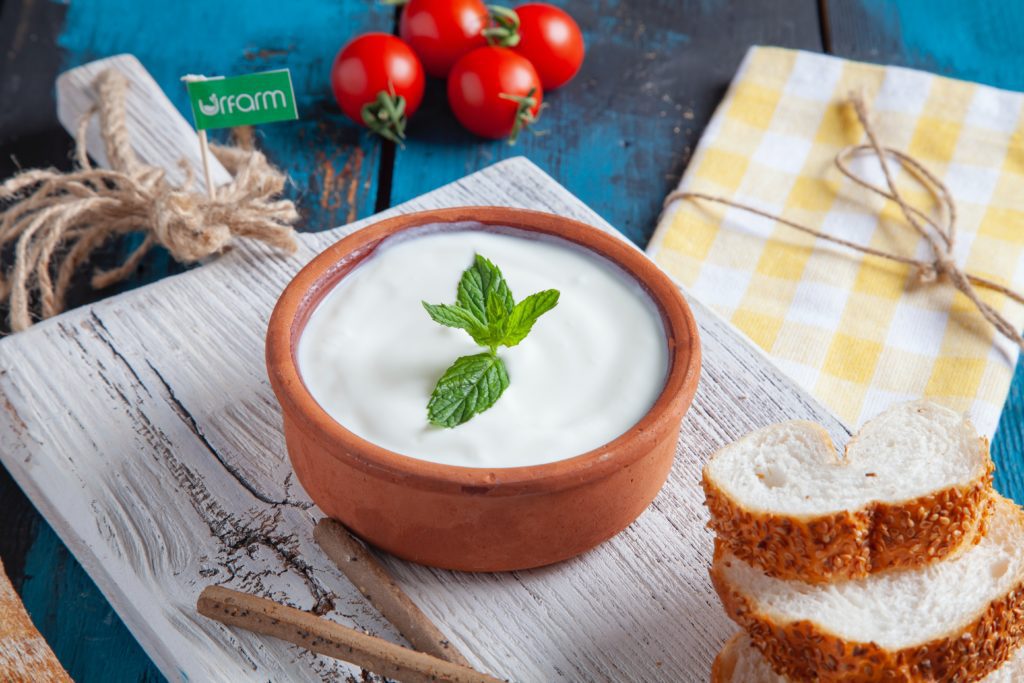
If you’re looking for a protein that will help increase energy levels, Greek yogurt is an excellent choice. It contains two proteins called lactoferrin and leucine, which both help raise your body’s ability to absorb iron and convert it into hemoglobin. Hemoglobin is what gives red blood cells their color and helps move oxygen from your lungs to every cell in your body. Because it also contains Vitamin B12, which supports energy production in red blood cells, yogurt can help boost endurance when consumed before or after workouts. Greek yogurt also comes with a hefty dose of calcium; because calcium tends to spike in people during their 20s and 30s, it’s important to consume plenty during these years so that you maintain adequate bone density as you age.
9. Spinach
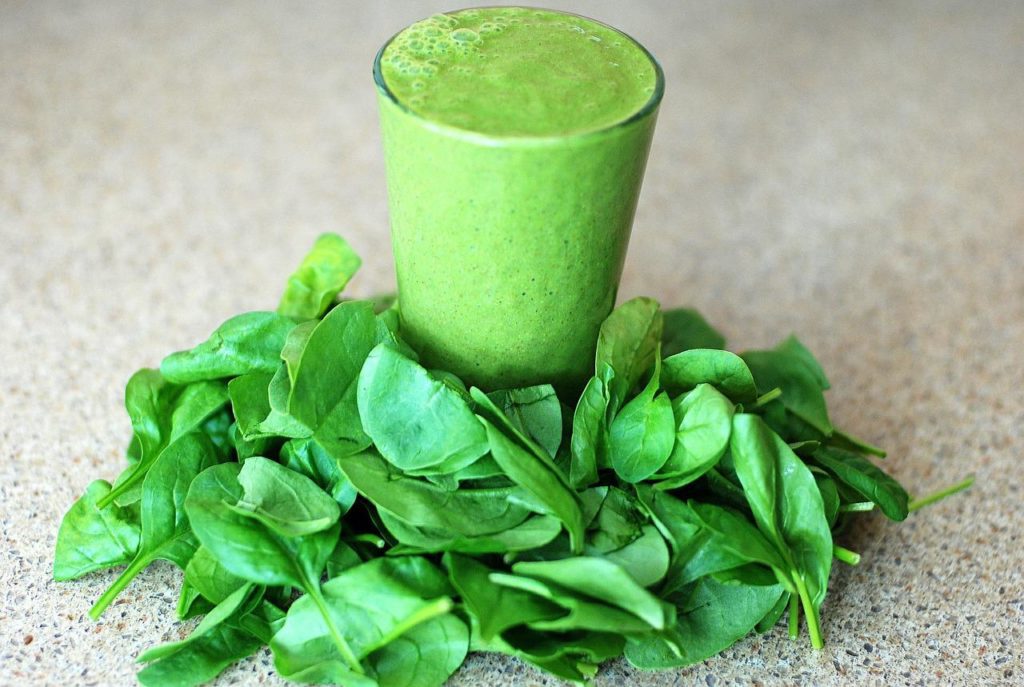
This dark green leafy vegetable contains iron and potassium. Iron is an important nutrient for your body because it plays a vital role in oxygen delivery to all of your cells. And, since not getting enough oxygen will leave you feeling tired and sluggish, spinach can help give you an energy boost when you need it most. Spinach is also high in potassium, which helps manage blood pressure and supports a healthy heart. Spinach is one of those vegetables that’s hard to get excited about—until you try it fresh from your garden. Then, suddenly, spinach becomes something special—full of flavor and rich in nutrients like vitamins A and C as well as calcium, iron, magnesium, and potassium. You might even say it’s energizing!
10. Seitan (Vegetarian Protein Powder)
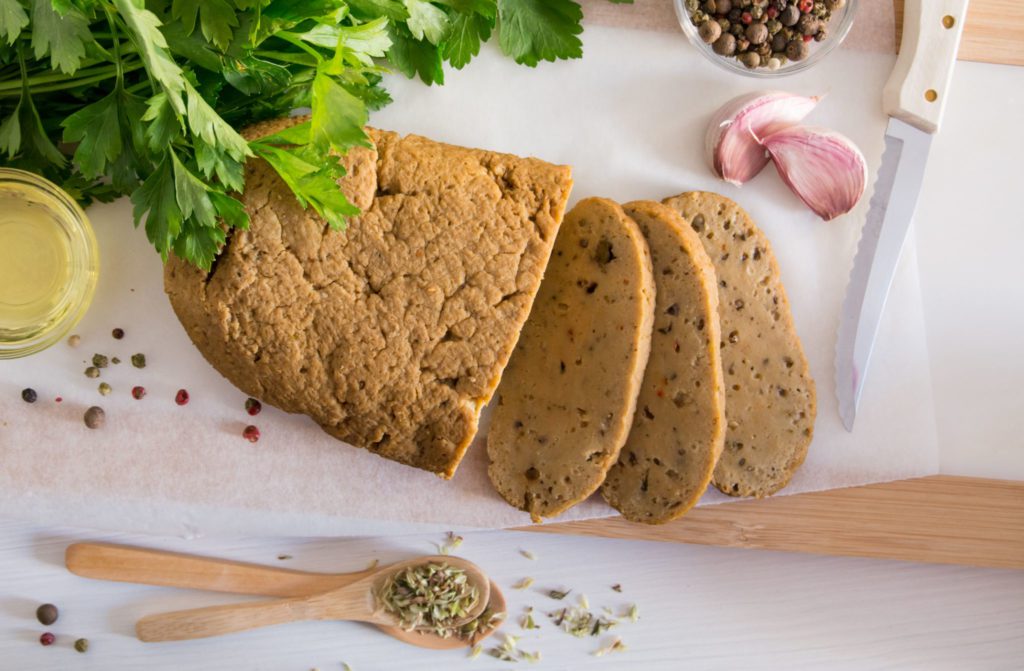
It’s low in calories, but high in protein and fiber, making it an excellent source of plant-based protein. It also contains tryptophan (which converts to serotonin) and tyrosine (which converts to dopamine), both brain chemicals that make you feel happy and relaxed. Sounds like a winning combination to us! If you are a vegetarian, looking for a quick and easy way to add healthy protein into your diet, or just need an extra boost of energy right before work, we recommend giving seitan a try—you can whip up a batch of these Seitan Wings with Teriyaki Glaze while you think about what business ideas you should pursue after school.
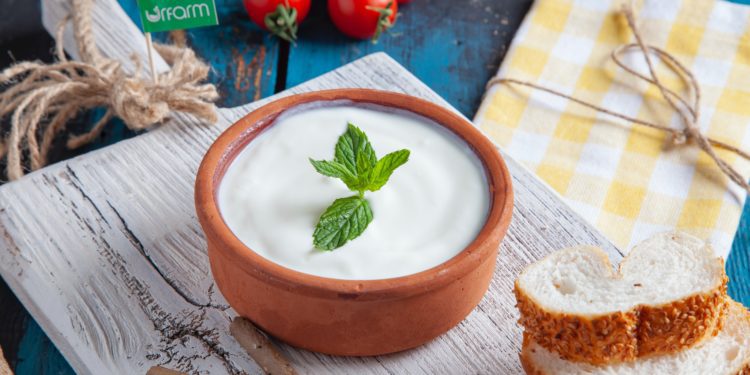












You have brought up a very excellent details , regards for the post.
Magnificent goods from you, man. I have understand your stuff previous to and you are just extremely excellent. I actually like what you’ve acquired here, certainly like what you’re saying and the way in which you say it. You make it enjoyable and you still take care of to keep it sensible. I can’t wait to read far more from you. This is actually a terrific website.
You made some nice points there. I looked on the internet for the topic and found most individuals will consent with your site.